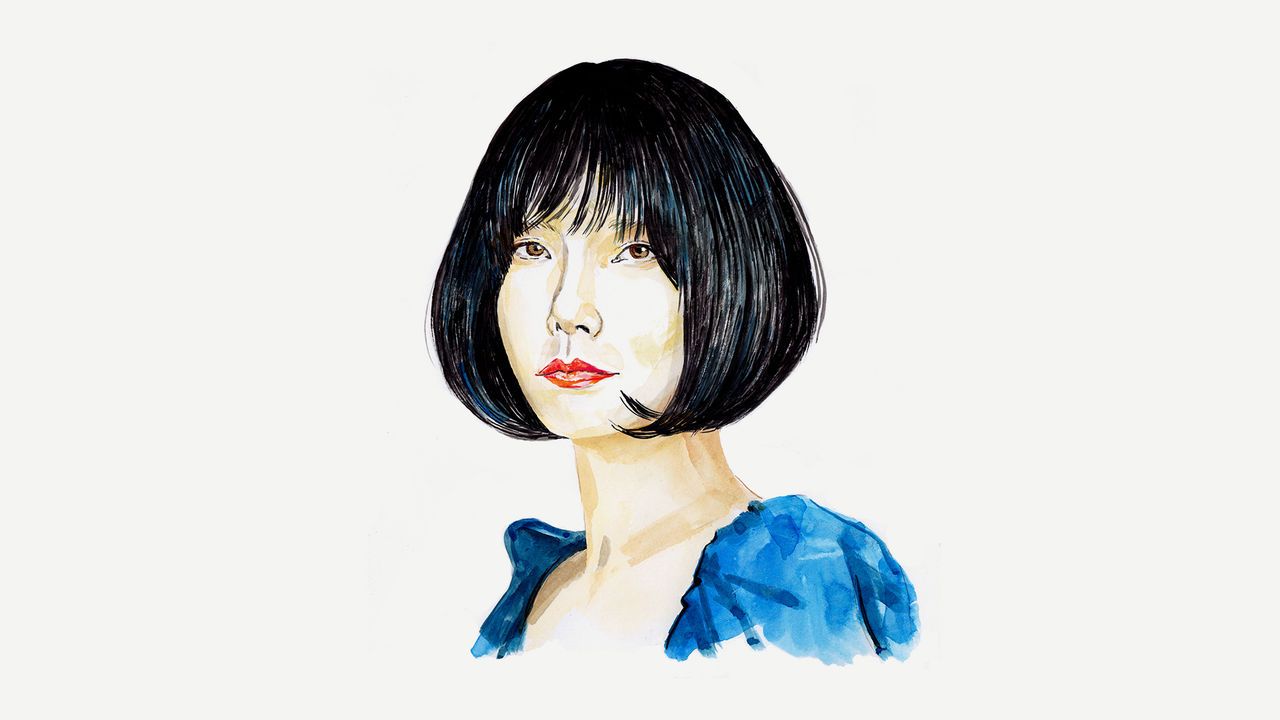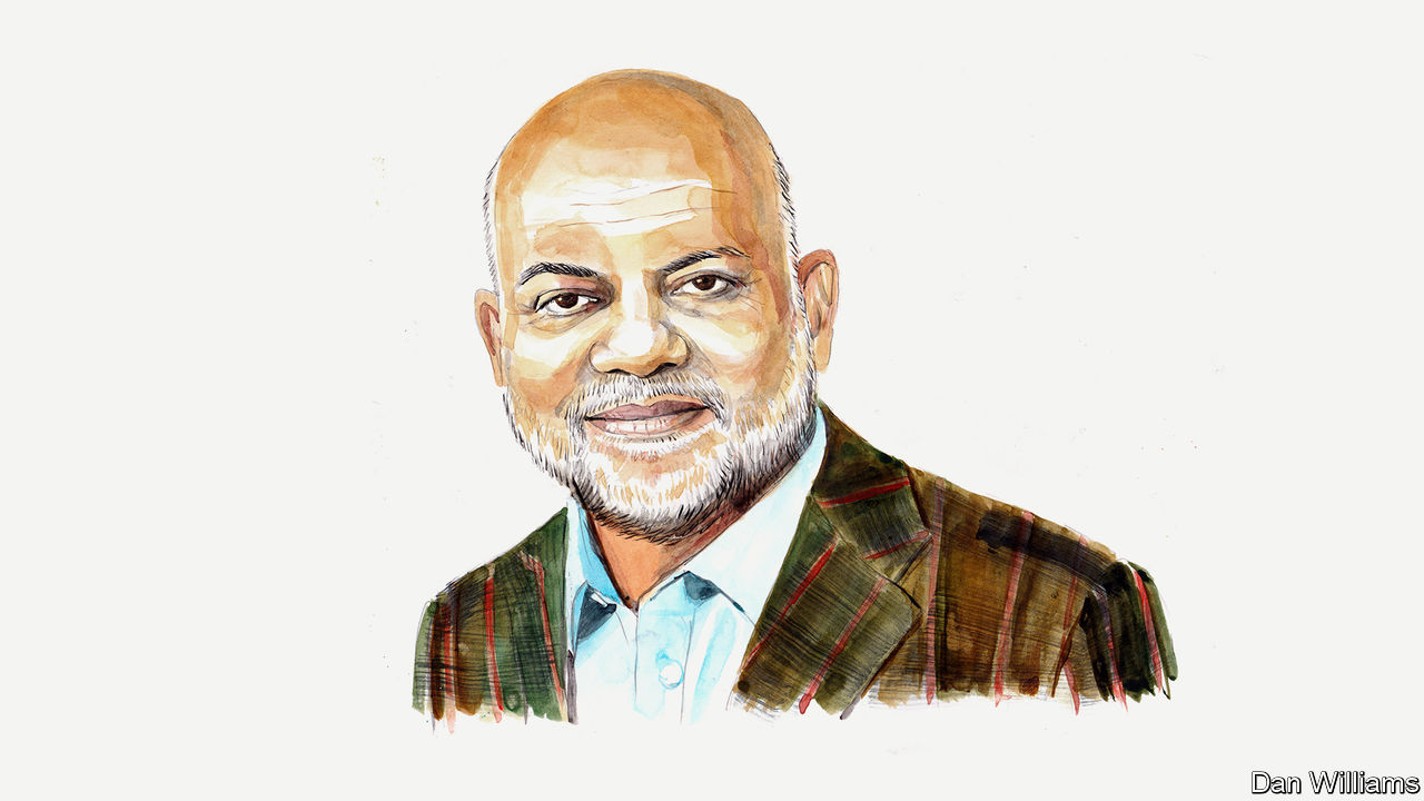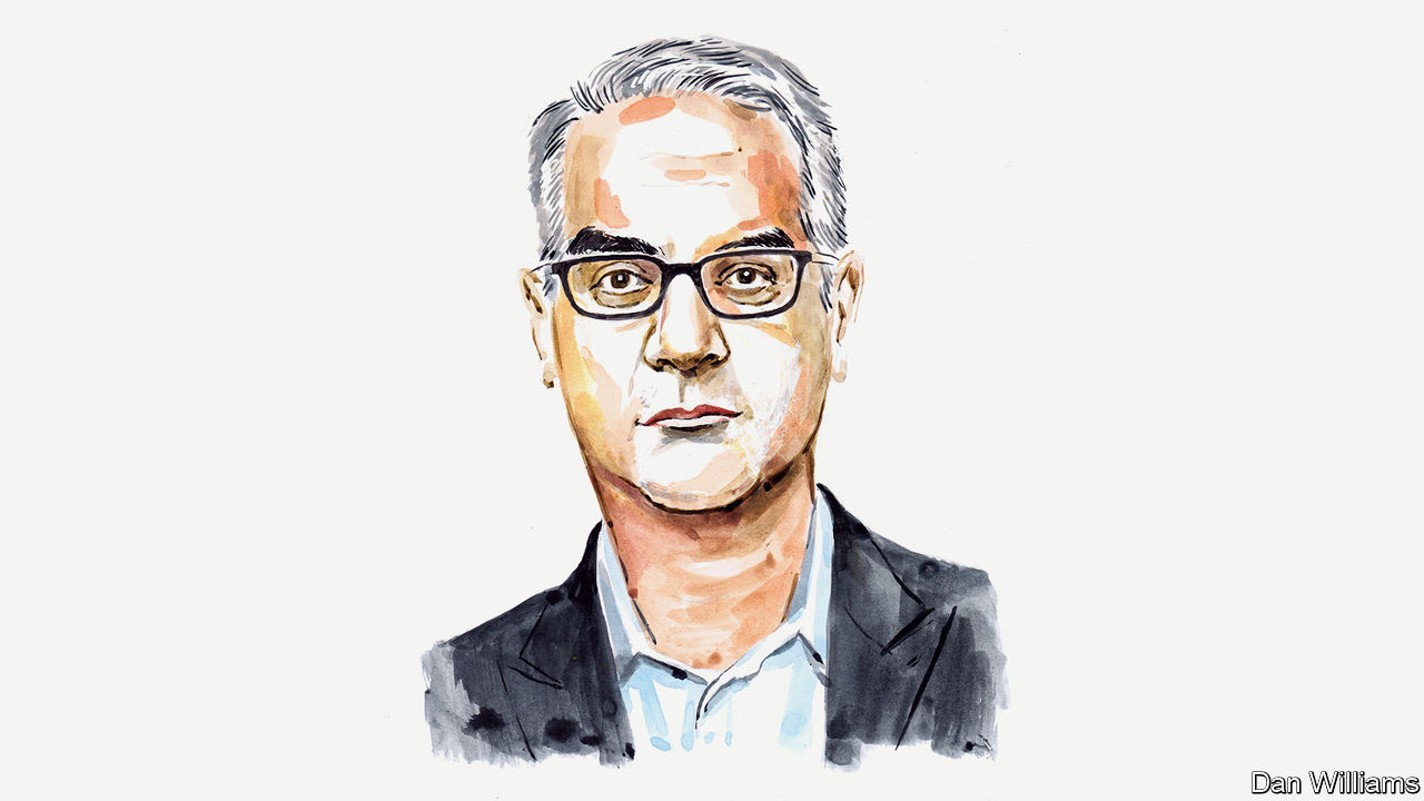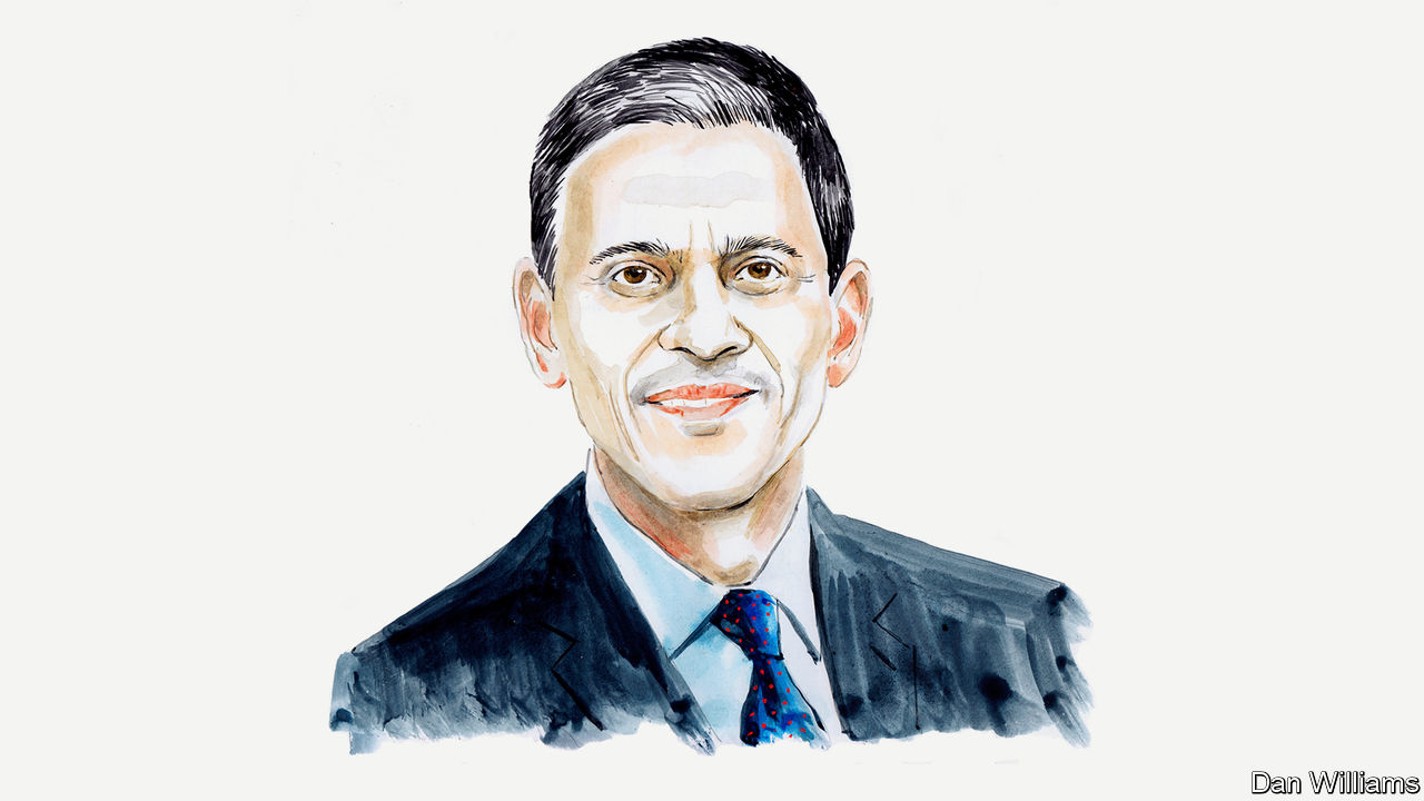Mieko Kawakami on how men can make the world better for women
Fathers must confront their unconscious assumptions, says the Japanese writer

WHEN I WAS little, there were still many public bathhouses in town. As you washed up and soaked in the warm bath, an old lady would enter the bathing area with her clothes on to pick up bits of rubbish or hair strands that accumulated in the drains.
It always felt unnerving to see a woman fully clothed in a place where everyone was naked, but what was even more shocking was when I learned that this lady was doing the same in the men’s bath as well. Picture a woman, all by herself, going into a space where men gather naked and picking up their hair and trash. Not another man, but a woman—among naked male bodies. How did she feel? How did the men feel? I couldn’t put my discomfort into words back then, but I had an intuition that I was witnessing something terribly grotesque—and, at the same time, important.
Over the years, I’ve come to realise that this power structure is in fact the norm when it comes to gender roles within Japanese society and families. It is considered “common sense” that women, equipped with maternal instinct, are innately good at various forms of care, including child care, nursing care, cooking, maintaining the health of the family, and the all-inclusive emotional care. It is even believed that women feel fulfilled by their work.
Women took care of their in-laws, from toilet needs to end-of-life care, and it’s only recently that outsourcing child care and nursing care became somewhat possible, though the hurdles are still high. Mothers would take care of their family’s needs, including those of their cherished sons, who would then grow up taking their labour for granted. Those sons eventually became husbands, never doubting that their wives would be hardworking and caring towards their sons, just as their own mothers had been to them.
This perception of oneself as the recipient of a woman’s care is, for men, the most fundamental bodily knowledge that continues to be reproduced through family and society in Japan. While men may do their part in condemning sexism and misogyny, it wouldn’t occur to them to take on unpaid care work for the family. How many men would willingly give up their superior positions and take on the labour of care? This sort of attitude is so ubiquitous that it transcends class barriers.
The question I was invited to address is: “What should fathers teach their sons to make the world better for women?” I would start by stating that there is always a discrepancy between what parents want to teach their children and what children learn. Children learn less from what their parents say than from their unconscious behaviours and attitudes. For example, liberal-leaning parents tend to philosophise the importance of children’s agency and opinions in childhood education. But when the same parents ask their children, “Do you want A or B?”, they often already have an expected answer in mind. Let’s say a child chooses B. The parents might respond, “Yes, that’s nice dear…”, but what the child takes in is not their words but the disappointment in their eyes.
No matter what progressive ideas you may express, those ideas will never reach children’s minds if you don’t act on them. A self-proclaimed liberal father may express outrage on hearing about discrimination against women and preach the importance of gender equality. But the same father allows his wife, unconsciously and without malice, to carry the bulk of the labour of care. Rather than detecting hypocrisy, the son will learn the benefits of this sweet double standard that his father enjoys—the satisfaction of feeling like an intelligent man who understands and cares about women’s rights, while at the same time being cared for and uplifted by a woman in his household. And as the sons become husbands and fathers themselves, this double standard will be reproduced and normalised, taking on the façade of “common sense”.
So, what can be done? In Japan, there’s a saying that it is the wife’s responsibility to educate her husband. What a joke. Women are far too busy, and the children will have long grown up by then. Besides, most men in Japan can’t bear to be educated by a woman in any way. Just take a look at the Global Gender Gap Report: women in Japan hold a much smaller percentage of positions of power in politics or business, for example, than do their counterparts in Europe or America.
So why shouldn’t men be held responsible for educating other men? One reason may be that, as beneficiaries of the double standard, they would be hypocritical in their motivations. How can someone educate another about care work when that person has never taken on the labour themselves? By the time men become husbands, it’s too late. We can’t expect them to change their behaviour as grown-ups. So the only way is to educate the sons—through the mother’s behaviour and the father’s actions, rather than his words.
I can fully understand that women might feel it’s easier to bear the burden themselves than to keep on arguing with their husbands. I also understand the anxiety that if you don’t do it, no one else will and everything will fall apart. But say you unexpectedly passed away right now? Someone else would surely step up to take on the labour.
I urge women to relinquish, therefore, some of the housework and care that have long been taken for granted. Through your actions, with an iron will, reject the assumption that mothers and wives are the caring sex, and show that women and men are the same human beings.
To achieve this, we need to show wives and mothers enjoying themselves and pursuing their own pleasures. We need to show that, when we make porridge for you when you have a fever, it’s not because we are wives or mothers, but because of our personal love and responsibility for you. And we need to teach our sons that men, too, can make porridge for someone who needs help. We need to make it normal for men, too, to take care of themselves and help one another.
Families are made up of individuals. The familial relationship, as stable as it seems, can never be taken for granted. With this basic understanding, followed by action, we might have a chance to change the unconscious assumptions ingrained within fathers—and to create a shift in the understanding of gender and care in our sons. ■
Mieko Kawakami is a Japanese writer. Her novels include “All the Lovers in the Night” (shortlisted for the 2023 National Book Critics Circle Award for fiction), “Heaven” (shortlisted for the 2022 International Booker Prize) and “Breasts and Eggs” (2020). Her books, translated into over 35 languages, are known for their poetic qualities, insights into the female body and preoccupation with class and contemporary society.
This article was translated from Japanese by Hitomi Yoshio.
More from By Invitation

An industry pioneer on the under-appreciated benefits of the global mobile revolution
It has increased productivity, agency and individualisation, says Iqbal Quadir

We need to focus more on the social effects of AI, says Nicholas Christakis
The sociologist’s experiments suggest it will change how humans treat each other

David Miliband sees a new global geography of crisis
Governments and NGOs need to rethink their priorities, says the head of the IRC